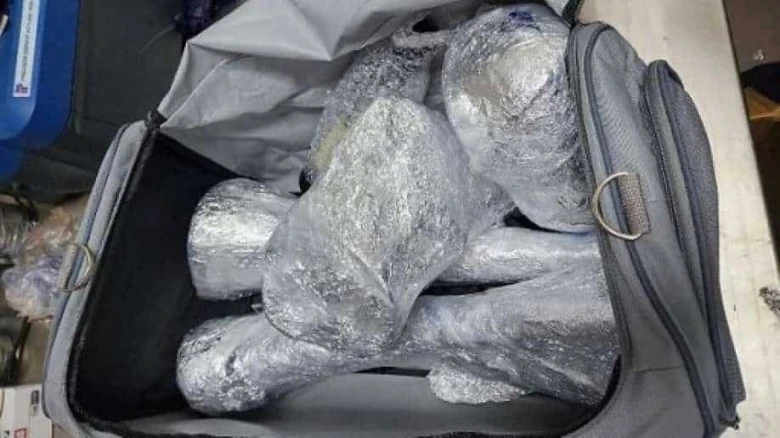Sports

According to a statement issued, "this is the largest rhinoceros horn confiscation in Singapore to date."
color:#252525">
color:#252525">Digital Desk: With a US $830,000 haul confiscated from a smuggler arriving from South Africa on Wednesday, Singaporean officials have made their largest-ever rhino horn catch.
According to the city-National State's Parks Board, twenty pieces of horn weighing a combined 34 kilograms (75 pounds) were purportedly discovered in two pieces of luggage on Tuesday at Singapore Changi Airport.
The contraband was found by sniffer dogs and belonged to a traveller going to Laos, the board reported, adding that the suspect had been taken into custody.
According to a statement issued, "this is the largest rhinoceros horn confiscation in Singapore to date."
Rhinos are protected by the International Convention on the Trade in Endangered Species of Wild Fauna and Flora (CITES), which also outlaws the international trade in rhino horn.
The board announced that the seized horns would be burned to prevent them from re-entering the market after being subjected to DNA testing to identify their species.
Rhino horns are valued as status symbols rumored to have medicinal properties in some parts of Asia. They are also carved into ornaments and household items like combs, buttons, and belt buckles. The poaching and illicit traffic in rhino horns have declined recently, but they still pose serious dangers to rhinos, according to the International Union for Conservation of Nature (IUCN), which has its headquarters in Switzerland.
It claimed that between 2018 and 2021, more than 2,700 rhinos were poached in Africa, with 90 percent of the killings occurring in South Africa, primarily in the Kruger National Park.
The majority of rhinos in the world-nearly 80 per cent-live in South Africa.
Leave A Comment